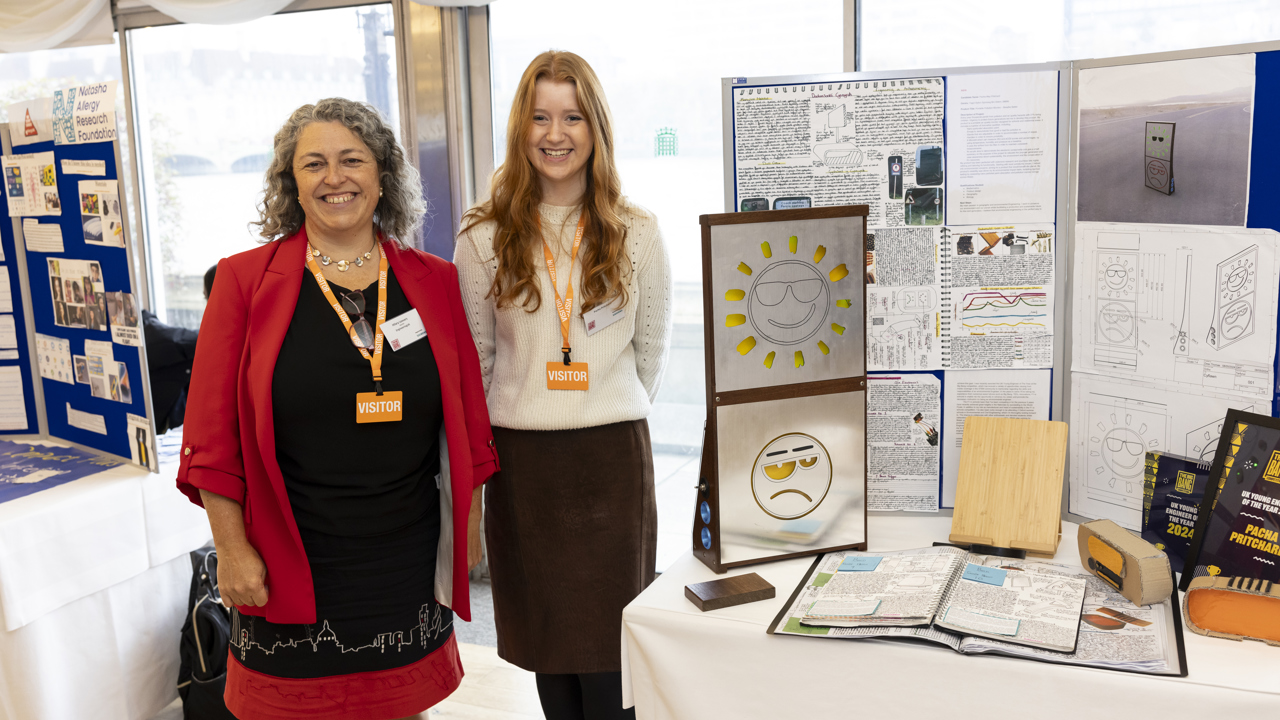How on-the-job experience develops invaluable skills for teaching in further education
Andrew Foulks has had an exciting engineering career, spanning close to 30 years. He talks here about teaching the next generation.

How I became a further education teacher
I was already involved in training apprentices at the company I was working with at the time. So, teaching in further education was like the next step really, by bringing people into the engineering world through apprenticeships.
I got an interview at Truro College where there were 5 experienced teachers on the panel. So immediately I thought, “well, it's time for you to go home because this is wasting everyone’s time.” They noticed my apprehension and reassured me that all they were looking for was for someone who has industry knowhow and a willingness to undergo teacher training. They didn’t mind that I didn’t have any prior teaching qualifications.
Industry skills are relevant and transferable for teaching in further education
As a lead technical facilitator in the engineering industry, it was my responsibility to get production up and running. This naturally included training staff and suppliers with new processes. You must be adaptable to diverse ways and cultures. You need to break down barriers to make people feel that they are part of a team. Once you've done that, you can then start getting all the business done, which is a bit like teaching in FE.
Developing myself, developing others
Whilst I didn’t require any teaching qualifications to become a FE teacher, it was expected that I studied for them whilst on the job. The college gave me a 5-year plan to do all my teaching courses which they funded. But I managed to complete all of them within 2 years.
I started with 7 apprentices in the classroom with me. Fast forward to now and we’re in a brand new £7.2 million building and now have 61 apprentices across 5 different engineering disciplines. When the students start their journey, they are doubtful they can learn engineering. We start off small, creating a simple bottle opener in the first few weeks. But by the end of their time, you have seen how they have grown to be able to work on machinery that costs hundreds of thousands of pounds. They come in the door, and they haven’t got a clue about engineering, and then by the end of their time with us they have grown into fine engineers.
Industry experience helps make great further education teachers
I think with the people who come from industry, they are able to engage students in interesting ways as they have a lot of life experience, and more likely than not they have been through a similar journey from an apprentice right through to being a working professional. If you're thinking about teaching then you need to do it, because if you have that mindset to give back and share your skills then teaching in FE would be the perfect job for you.
If Andrew’s story has made you want to explore teaching in FE, follow the link below for more information.
You don’t need prior teaching experience to start teaching in further education – you can study for your qualifications while on the job. You just need real world experience and a desire to pass on your skills to the next generation.
There is a wide variety of engineering FE teaching roles available, with courses ranging from electronic engineering to machine tool operation.
Half of FE teachers in England teach part time or on an ad hoc basis. This means you can continue working in the industry you love and change lives without changing your career.




